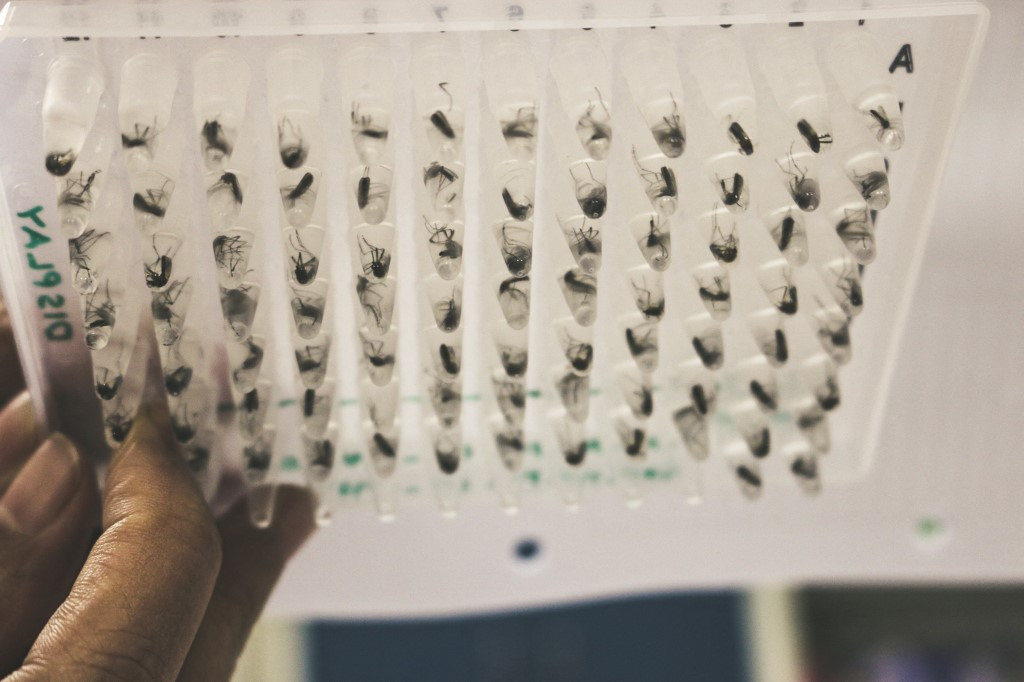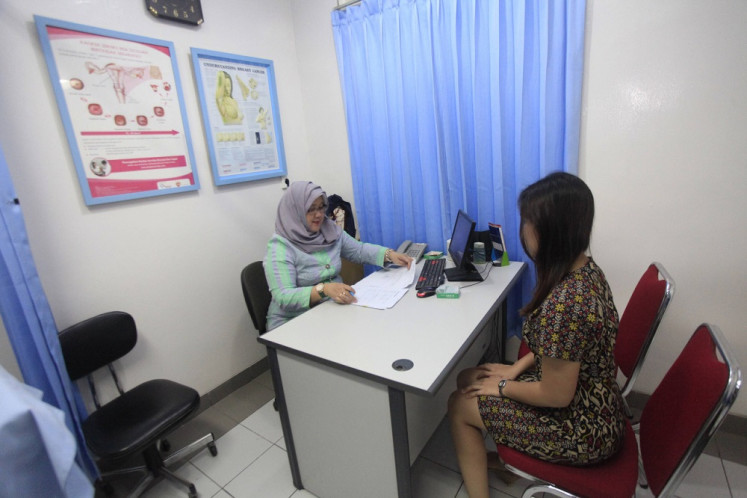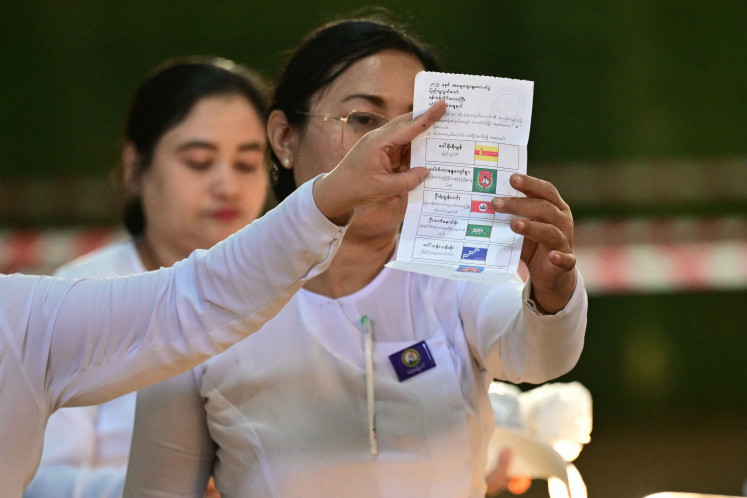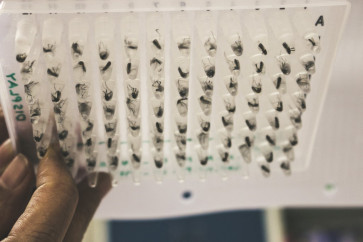Popular Reads
Top Results
Can't find what you're looking for?
View all search resultsPopular Reads
Top Results
Can't find what you're looking for?
View all search resultsHiring rebels as an option for downstreaming research
"Rebel" researchers, those who resist regulation and constantly push themselves beyond limits, have proved to stimulate world-class innovations.
Change text size
Gift Premium Articles
to Anyone
I
n Indonesia’s collectivist culture, being labelled a rebel is often viewed as a form of misconduct, not only among adolescents but also within academic and research environments. In the realm of downstream research, which aligns with President Prabowo’s Astacita (eight priorities) to advance Indonesia, the country encounters a significant impasse.
Despite partnerships among universities, research institutions and industries over the past 10 years, these collaborations have not yet produced outcomes that genuinely benefit the Indonesian population.
Even amid the flood of Chinese goods and their rapid research and development methods, the contributions of Indonesian scientists continue to be viewed with skepticism by industry players. I have directly observed that in the downstream research system, especially within higher education, highly successful research prototypes that gain public attention are often influenced by public approval and the agendas of specific groups.
Even more concerning, commercialization continues to be driven by visible achievements, such as soaring university rankings fueled by publication metrics. In many top Indonesian universities, despite the enthusiasm around PTNBH (State University with Legal Status Entity) collaborations, numerous research resources actually have the potential to develop excellent prototypes.
Unfortunately, these are not prioritized within the core campus research agenda. Instead, focus tends to center around superficial achievements and interest groups within the campus environment. Researchers often find themselves engaging in spaces that do not value their expertise and are frequently exploited by industry without proper recognition during campus events.
MoU after MoU is signed with industry partners, and public acceptance seems to validate that top university researchers with impressive publication metrics are ensuring the downstreaming of research. However, in the history of campus innovation, measured through Technology Readiness Level (TKT), which is often misunderstood among policymakers, particularly in developing nations, breakthroughs are not necessarily driven by an abundance of publications that appear in the Scopus verified database system.
It appears that a preference for quantity over quality in Scopus publications is more appealing in social media circles, such as WhatsApp groups among Indonesian scholars.



















